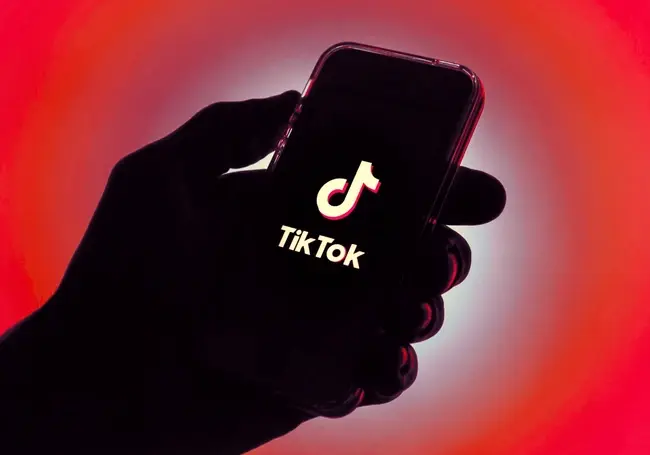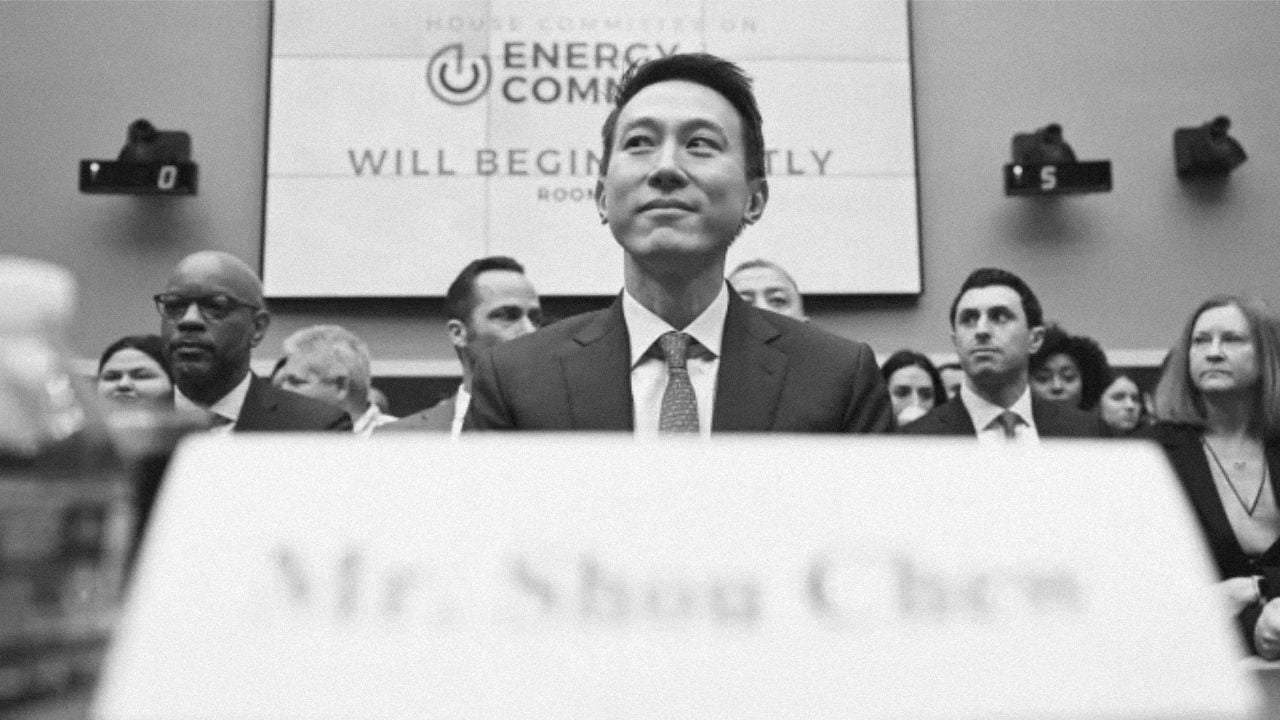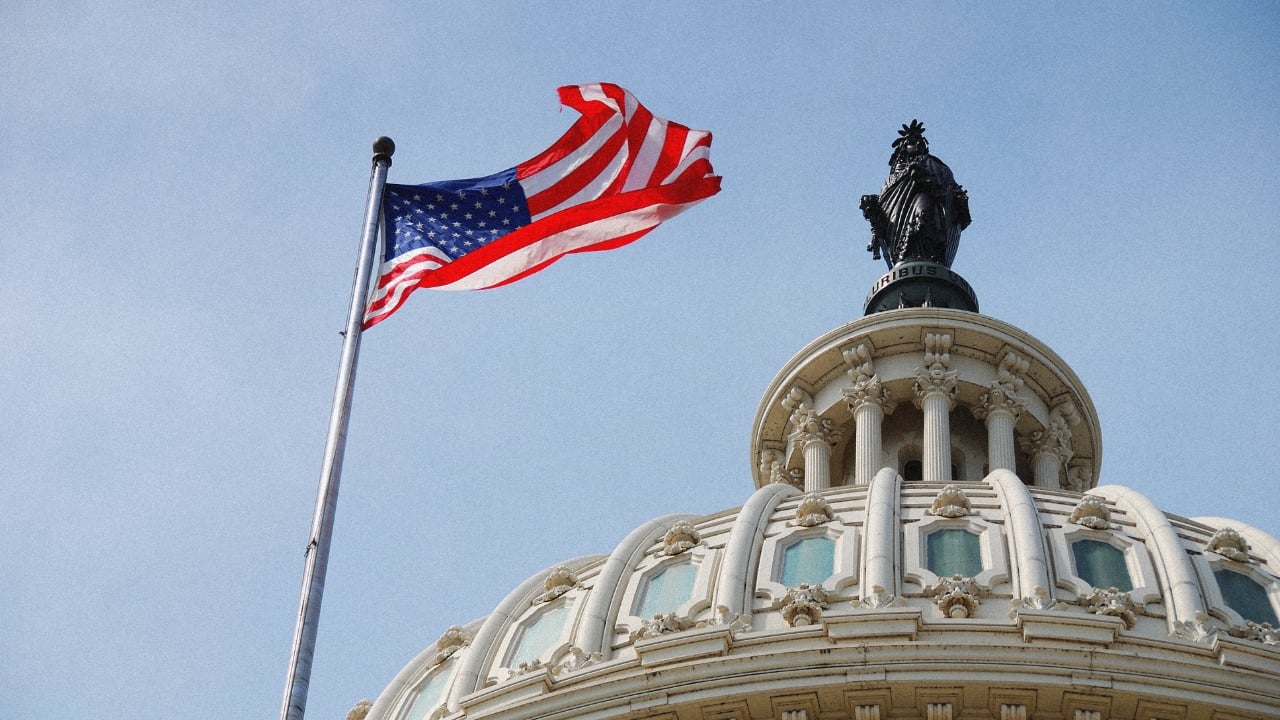No social media platform has taken the world by storm quite like TikTok.
Since the start of the pandemic in 2020, the Chinese video-sharing app has grown from being a niche dancing and lipsyncing fad to easily being one of the most popular social platforms in the world.
Now welcoming over 1 billion active users globally, the platform continues to soar in popularity and is steadily catching up to social media rivals like Instagram and Facebook.
But as TikTok’s user count explodes, regulators and governments around the world are growing increasingly concerned about the app’s safety. It’s a concern that has led multiple governments around the world – including the UK, the White House, and governments across the EU to ban the app from devices owned by government personnel.
It’s equally a topic that has been central to the discussions in US Congress about potentially permanently banning the social app across the US which continues to become more likely reality with every ruling on the issue.
But will US Congress really ban TikTok for good? And if they do, how would they do it, and when?
This article delves deep into a possible US TikTok ban, exploring how banning TikTok would work and whether it would be possible to do so in the first place.

What is the US TikTok Ban Bill?
In April, President Biden signed legislation called the Protecting Americans from Foreign Adversary Controlled Applications (PAFCA) Act, which could force ByteDance to sell TikTok to a US-based company within a year or face a ban.
The law explicitly mentions concerns with applications developed or provided by ByteDance Ltd., the parent company of TikTok, and requires ByteDance to sell TikTok to a US company within 9 months to avoid a ban.
If the Act is enforced, companies wouldn't be allowed to distribute, maintain, or update these "foreign adversary controlled applications" within the US.

TikTok CEO Shou Zi Chew addressing US Congress. Source: Getty Images
The action is to address the security concerns related to using the app and its connection to the Chinese government. Chinese companies are subject to laws that grant the government broad access to user data.
The US government is concerned that the Chinese government could potentially compel ByteDance to share user information collected by TikTok, even if it operates outside China.
While TikTok has consistently denied these allegations and taken steps to address concerns – including storing US user data on Oracle servers – the legal framework in China continues to raise significant privacy and security anxieties among lawmakers.
As of July 2024, TikTok is still operational in the US. Existing users in the US can continue using the app and it hasn't been removed from any app stores. However, the app is banned on government devices.
Why does the US government want to ban TikTok?
The main driver for the ban is the US government's concern about user data security and potential access by the Chinese government, which as of July 2024, remains unresolved.
They are concerned that the Chinese government could force ByteDance to hand over data about TikTok's 170 million US users.
Lawmakers from both major US political parties have called for a law that bans TikTok unless ByteDance agrees to sell the app to a non-Chinese company.
TikTok insists it would not provide foreign user data to the Chinese government even if it was requested to do so, but this has not been enough to appease Congress.
Is TikTok actually getting banned?
While a ban on TikTok is possible, it’s not very likely. Bytedance is already in talks with US officials to address Congress’ security concerns and is likely to do everything it can to avoid a ban in the US, even if it means selling TikTok to a US company.
TikTok has also filed a lawsuit against the US government in response to Congress’ Protecting Americans from Foreign Adversary Controlled Applications Act, which is likely to delay the ban or even overturn the law entirely, depending on the court's decision.

They argue that the law violates the First Amendment's guarantee of free speech, claiming the government is unfairly targeting their platform and restricting the ability of millions of Americans to express themselves clearly.
“The freedom of expression on TikTok reflects the same American values that make the United States a beacon of freedom,” TikTok CEO Shou Zi Chew said in a view in response to the law.
We are confident and we will keep fighting for your rights in the courts. “Rest assured," he told users, "we aren't going anywhere".
When could TikTok be banned in the US?
The Protecting Americans from Foreign Adversary Controlled Applications Act, which has been signed by Joe Biden, gives ByteDance nine months to sell TikTok to a new buyer before any ban would take effect.
That means that the sale deadline would most likely come sometime in 2025 after the winner of the 2024 presidential election takes office.
Since Donald Trump won the 2024 election however, he may seek to block the ban from being implemented. The former president and Republican 2024 presidential candidate has criticised the new legislation, arguing that limiting TikTok would unfairly benefit Facebook.
What would a TikTok ban look like?
A TikTok ban would probably start with TikTok being removed from the Apple App Store and Google Play Store. This would mean users wouldn't be able to download the app for the first time or reinstall it if they uninstall it.
People who already have TikTok downloaded on their phones would likely still be able to access it for a while. However, the app wouldn't receive any further updates, which could mean it becomes buggy or incompatible with newer phone operating systems over time.
In a more extreme scenario, the government could try to block access to TikTok's servers, making it difficult or impossible to use the app in the US altogether.
There will, of course, be workarounds to this. Tech-savvy users might use VPNs, for instance to access TikTok even if it's blocked. The US government might not be able to ban these accounts directly, but TikTok itself could choose to shut down US accounts to comply with the ban.
Where is TikTok banned?
TikTok faces restrictions in several countries, but the reasons and methods of these restrictions vary. Here are some key examples:
1. India
In 2020, India banned TikTok entirely, along with 58 other Chinese apps, citing national security concerns and potential data sharing with the Chinese government. This happened during a period of heightened border tensions between the two countries.
2. Somalia
The Somali government banned TikTok, along with messaging app Telegram and online betting website 1XBet, in August 2023.
The Somali government claimed the platform was being used to spread "indecent content" and extremist propaganda, including violent images and videos.
3. Pakistan
Pakistan's regulatory body, the Pakistan Telecommunication Authority (PTA), has imposed and lifted bans on TikTok several times since October 2020.
The reasons cited for these bans were the presence of "immoral, obscene, and vulgar" content, which the PTA believed violated Pakistan's conservative values. Each ban typically lasted a few days before being lifted after negotiations between the PTA and TikTok. In these negotiations, TikTok reportedly agreed to improve content moderation practices within the country.
As of today, July 1st, 2024, TikTok is accessible in Pakistan. The most recent ban was lifted in November 2021.
4. Iran
TikTok was banned in Iran in 2018 along with other popular social media platforms like YouTube, X, Instagram, and Facebook. The Iranian government expressed concerns about the "immorality" and "vulgarity" of content on TikTok, especially for younger users. This could be related to content that doesn't comply with Iran's stricter social norms regarding clothing, dancing, or self-expression.
Iran's government tightly controls access to information and restricts content it deems inappropriate. Social media platforms like TikTok offer a space for unfiltered expression, which the government might see as a threat to their control.
5. Afghanistan
The Taliban government in Afghanistan enforced a ban on TikTok in April 2022 after taking power in the country. The Taliban claimed TikTok, along with the popular video game PUBG, were "misleading youths" and wasting their time. This points towards a concern about the app's influence on younger generations, rather than national security fears like in India or content moderation like in Iran.
Will TikTok be banned anywhere else in the world?
The outcome of the US situation with PAFACA (the potential TikTok ban law) will be closely watched by other governments. If the US restricts TikTok, it could lead other countries to follow suit, including countries in the EU and in the UK.
Nations with pre-existing political or security concerns regarding China might also be more likely to consider banning TikTok in the future if the US deems the app a security risk.
At the same time, if the US reaches a deal with ByteDance (TikTok's owner) that addresses security concerns, it could set a precedent for other nations with similar anxieties to strike similar deals.
The US isn't the only one with concerns against TikTok. Countries like Australia have considered bans on government devices due to security worries. Similar considerations could arise in other nations with tense relations with China.
Many countries, including the US, seem to be prioritizing negotiations with ByteDance over complete bans. If data security concerns can be addressed, bans become less likely.
Read more: US TikTok Ban: A Death Warrant For the Open Internet







Comments ( 1 )
Tanya Gupta
05/09/2024